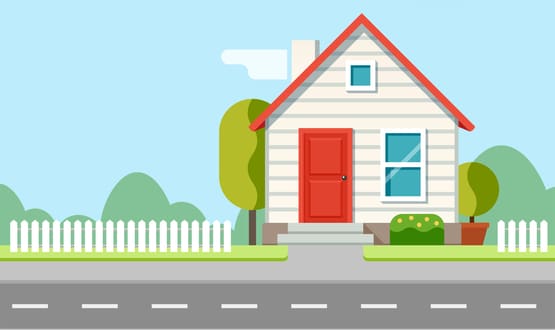IBM and Karantis360 team up for IoT assisted living system
- 28 June 2018

UK-based firm Karantis360 has partnered with IBM to develop a cloud-based assisted living system.
The system – which uses internet-enabled sensors – can be installed in homes, sheltered housing, residential care or healthcare facilities.
It is designed to provide a “non-intrusive” means to monitor at-risk older or otherwise vulnerable individuals.
The sensors are used to track a person’s movement around their home, such as getting out of bed, using the bathroom and using kitchen appliances.
Since the system learns the routines of the individual over time, it is able to detect any behaviour that does not fit with normal patterns. It will send out an alert via the Karantis360 mobile app if it detects any incidents that could require emergency attention.
The platform uses sensors provided by German internet of things (IoT) technology firm EnOcean.
IBM said the system is an example of how healthcare providers might be able to deliver new and better ways of providing care for older people, particularly those requiring close monitoring, such as individuals with dementia.
The computer giant has previously made steps towards applying its “cognitive technologies” to UK social care through a partnership with Harrow Council, struck up in September 2016.
IBM has also lent its Watson Health artificial intelligence (AI) smarts to Arthritis UK and Alder Hey Children’s Hospital.
According to figures from Karantis360, there are 10.8 million people over the age of 68 in the UK, of which 97% would prefer to stay in their own homes.
Nick Hampson, the company’s managing director, labelled Karantis360 a “totally new development in assisted living”.
He added: “We moved to the IBM Cloud to unlock the AI and IoT services which weren’t previously available to us and, combined with EnOcean sensors, have now built a secure system designed to deliver genuinely smarter care with complete confidentiality and data security.
“This is a system trusted by clients and relied on by families and residents so that they can live more independently and safely in their own homes for longer.”
In a separate story reported by Digital Health News this week, 12 councils have been chosen by NHS Digital to explore how digital technologies can improve social care.




